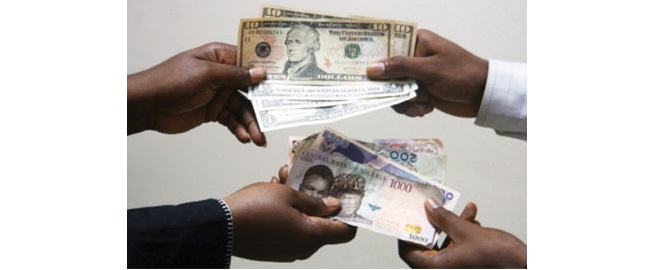Global coronavirus economy will cost the world $3 trillion
By ODILIM ENWEGBARA
Most of today’s struggling economies will soon go into recession. For those that don’t, they will only be struggling to remain above water.
In the case of Nigeria, if coronavirus is not contained, certainly latest by July 2020 Nigeria’s economy too will be in recession. Also, it is obvious that the 2020 Appropriation Act will be reviewed downward to the extent that a majority of the capital portion of the budget will be suspended.
Naira too will crash. It will hover around N400 – N500 per dollar. That will negatively impact on dollar-denominated corporate and sovereign debts. Banks will witness huge losses as a result of non-performing loans particularly in the oil sector.
But what might save the naira from free fall is Nigeria’s increasing food sufficiency. Low imports from China too can reduce pressure on the naira. But, of course, inflation remains inevitable. That too will lead to the rise in lending rates, forcing most local producers to shut down production lines and reduce staff strength. Both personal income tax and companies’ income tax will drastically diminish.
Low global productivity along with difficulty to move investment across borders will further send the global economy southward.
But that notwithstanding, so long as coronavirus continues to ravage the global economy, the consequences will heavily show up in the pricing of oil. Sluggish imports will mean oil prices continue to go farther southward. Given this scenario, reductions in production by Opec will unfortunately do little in lifting oil prices.
Low oil dollar receipts over time will put the apex bank in a difficult situation. At the beginning, the CBN may intervene using its reserves. But with too much pressure on its foreign reserves, the apex bank may be forced to allow market forces to prevail on the naira.
If and when the CBN did this, it would mean that the long overdue replacement of our contradictory dirty (guided) floating of the naira with clean floating has finally taken place. With clean floating allowed to prevail on the naira, the currency will no longer be distorted in value.
This will, in fact, become the long-awaited blessing in disguise. Especially because it finally gives naira the international value it has been lacking.
Enwegbara, a development economist, writes from Abuja











